Solved: Sounds Get Automatically Muted When in a Call
Avoid audio cuts with these tips when you jump on a call
5 min. read
Updated on
Read our disclosure page to find out how can you help Windows Report sustain the editorial team. Read more
Key notes
- Allow your sound to draw over other apps to stop sounds from getting automatically muted when on a call.
- You can also check for driver updates, disable audio enhancements, or reinstall the app in question.
- Stay tuned as we uncover more ways to avoid interruptions.
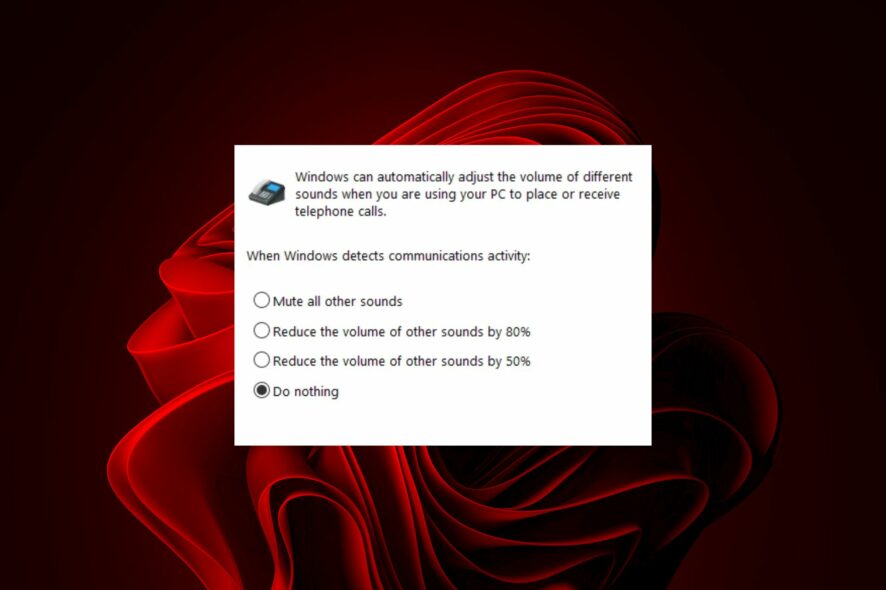
If your sounds on other apps get automatically muted when you get on a call and you’d like to change this behavior, we dive deep into what you should do.
Why is my audio automatically muting?
Your speakers are probably set up incorrectly and the most common issue is that they’re plugged into the wrong port. Another issue could be outdated sound card drivers or an obsolete operating system causing these issues.
What can I do to stop sound from automatically muting in Windows 11?
Start your troubleshooting with the following steps:
- Check that your headphones are properly connected to your computer and turned on and test your microphone.
- Try pressing the volume up or down button on your keyboard. If you hear a sound, your speakers are not muted but if they’re not muted, there could be another issue with your sound card.
1. Run the audio troubleshooter
- Press the Start Menu key and select Settings.
- Click on System on the left pane, then Troubleshoot on the right pane.
- Select Other troubleshooters.
- Locate the Playing Audio troubleshooter, and click on the Run button next to it.
2. Reinstall audio drivers
- Hit the Windows key, type Device Manager in the search bar, and click Open.
- Navigate to Sound, video, and game controllers to expand, right-click on your audio device, and select Uninstall device.
- Confirm on Uninstall.
- Restart your device, and the drivers will automatically reinstall themselves.
3. Update audio drivers
- Hit the Windows key, type Device Manager in the search bar, and click Open.
- Navigate to Sound, video, and game controllers to expand, right-click on your audio device, and select Update driver.
- Select Search automatically for drivers.
- Restart your PC and try reconnecting.
- Download and install the Outbyte Driver Updater app.
- Launch the software and wait for the app to detect all incompatible drivers.
- Now, it will show you a list of all outdated drivers to select the ones to Update or Ignore.
- Click on Update & Apply Selected to download and install the latest versions.
- Restart your PC to ensure the applied changes.

Outbyte Driver Updater
Maintain your device healthy by letting OutByte Driver Updater find the latest driver options.4. Change the Sound Enhancement Settings
5. Enable exclusive mode for other apps
- Right-click on the sound icon at the bottom right corner and select Open volume mixer.
- Click on your playback device and select Properties.
- Navigate to the Advanced tab, check Allow applications to take exclusive control of this device option, and click OK.
6. Disable audio enhancements
- Press the Win + R keys to open the Run dialog. Type mmsys.cpl and hit Enter to open the Sound dialog.
- In the window pop-up, right-click on your audio device, and select Properties.
- Next, in the Properties dialog, go to the Enhancements tab, and check the box next to Disable all enhancements. Press Apply and OK.
7. Reset and update BIOS
7.1 Reset BIOS
- Restart your computer and repeatedly press ESC/F1/F2/F8 or F10 during the startup to get into the BIOS menu.
- Hit the Windows + I keys to open the Settings app and click on System>Recovery>Advanced startup. Go to Troubleshoot > Advanced Options > UEFI Firmware Settings and click on Restart.
- Once you are in the BIOS menu, press F9 to open the Load Default Options dialogue box.
- Select Yes using the arrow keys to reset BIOS settings to factory default.
- Exit and restart the computer and check for any improvements.
7.2 Check the BIOS version
- Open the Start menu by pressing the Windows key.
- Type System Information and open the top result.
- Locate BIOS Version/Date section on the right side.
7.3 Update BIOS
- The process of updating BIOS will differ depending on your motherboard. For this step, we shall be updating the HP motherboard.
- Navigate to the HP driver and software download website.
- Choose laptop or desktop, depending on the type of computer you’re using.
- Enter your exact serial number or your exact computer model.
- Select your OS and OS version, then click Submit.
- Click on All drivers and then expand BIOS to see available updates.
- Click the download icon.
- Install the .exe file, following the on-screen instructions.
- Restart your PC.
8. Reinstall the problematic app
Discord was the most popular app where sounds were getting automatically muted when on a call so you can try to uninstall then install it again and see if there are any changes. Sometimes, when you can’t hear anyone on Discord, you should try it on a browser.
And if no sounds are coming from Discord on your browser it’s probably a server issue so you’ll just have to wait for a while until these issues are addressed.
Although muting other sounds reduces distractions that may occur when on a call, it may not be overall beneficial and doesn’t present a real convenience for Windows users.
Still, there are several technologies available that can help improve the sound quality of a call, but muting all your other apps isn’t necessarily a good thing. You can mute a single app if you wish to but all we’re saying is you should have absolute control of your sound.
Hopefully, with these tips, the next time your call interrupts an important event such as a movie or podcast, you won’t be stuck wondering how to switch it back on again.
Do you prefer to have your sounds muted when you get on a call or would you like continuous playback with the volume turned down? Let us know in the comment section below.
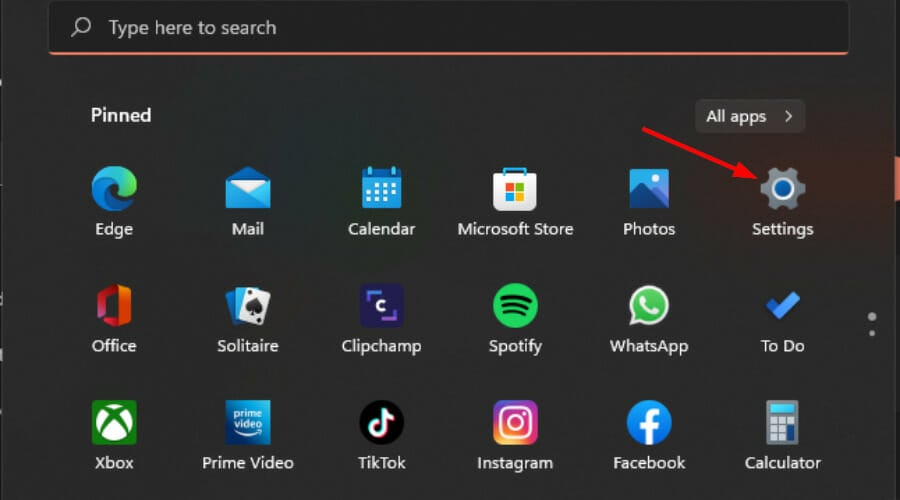
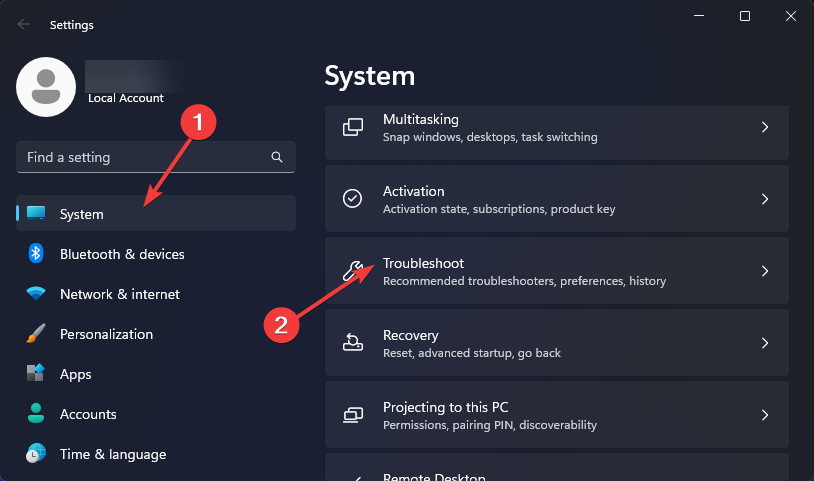
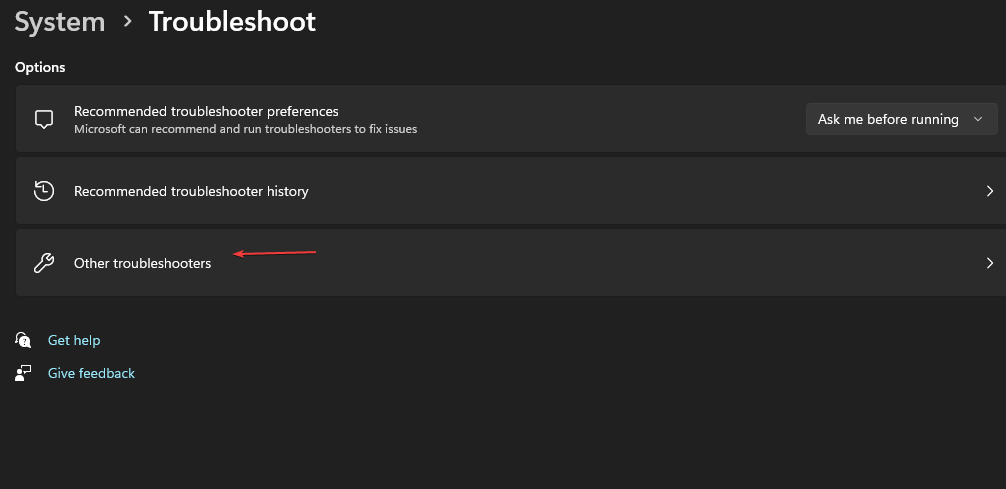
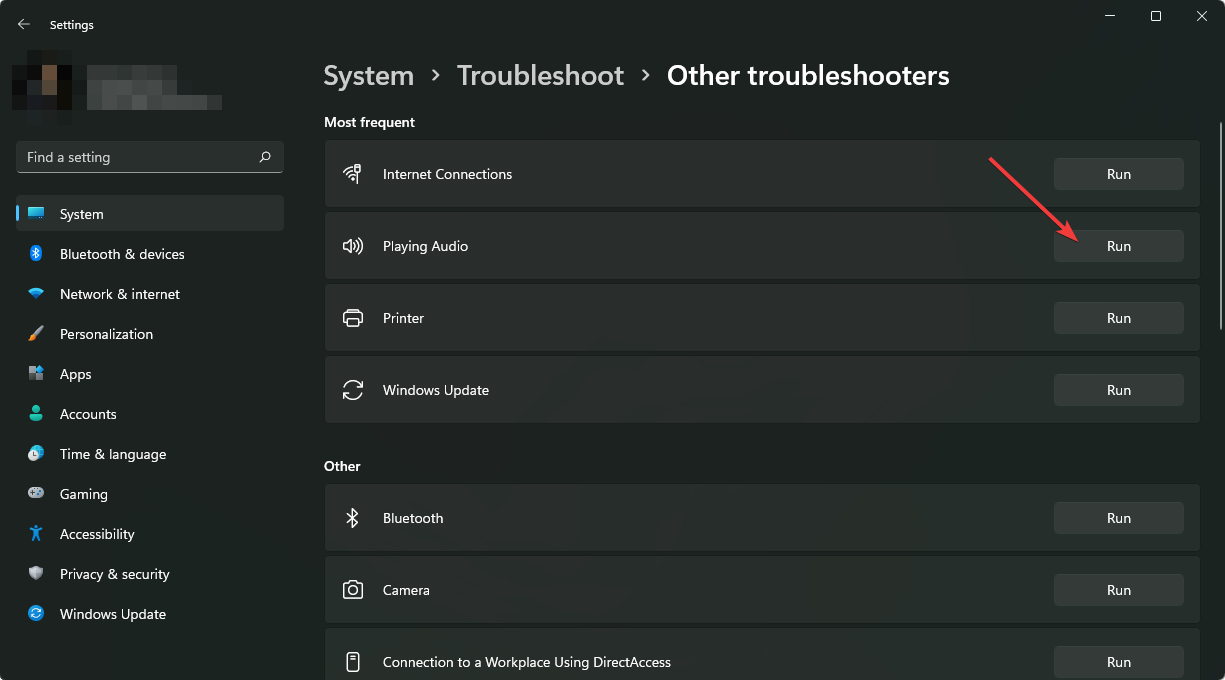
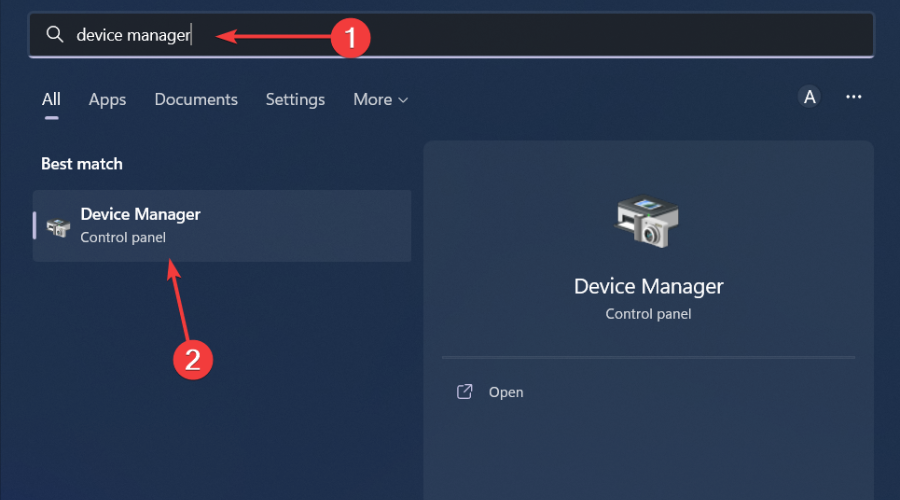
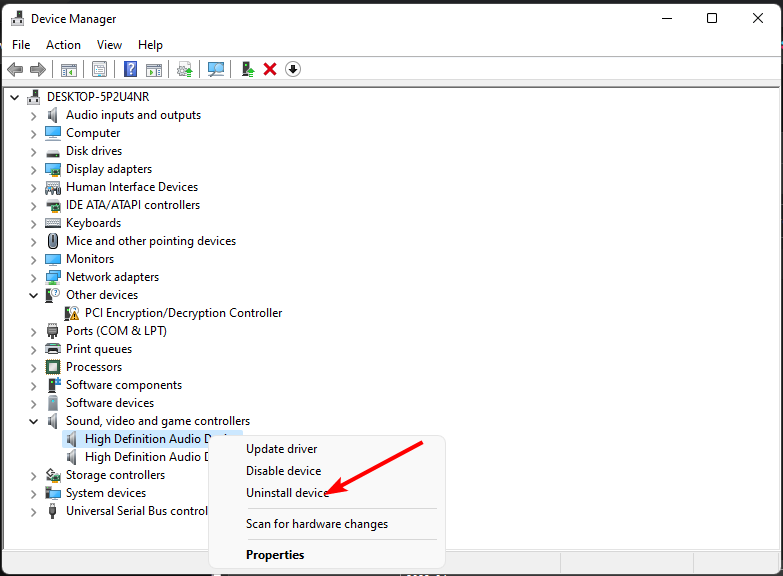
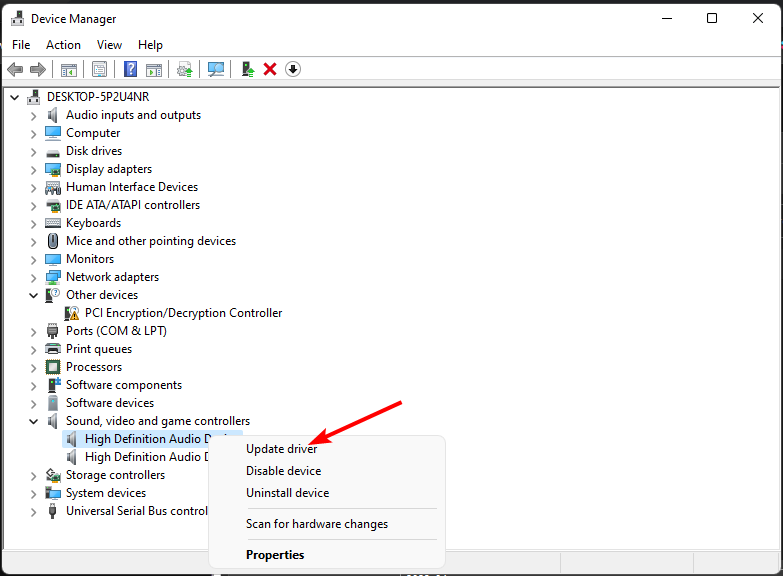
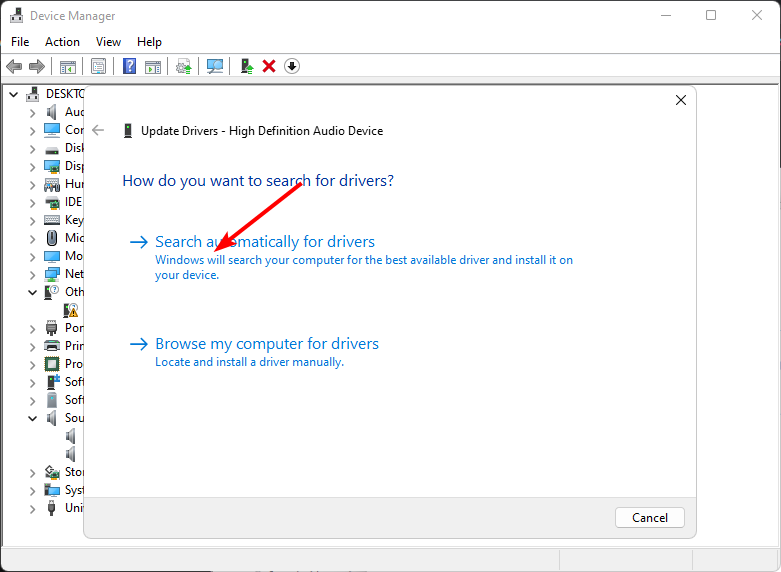

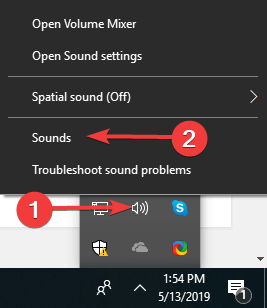
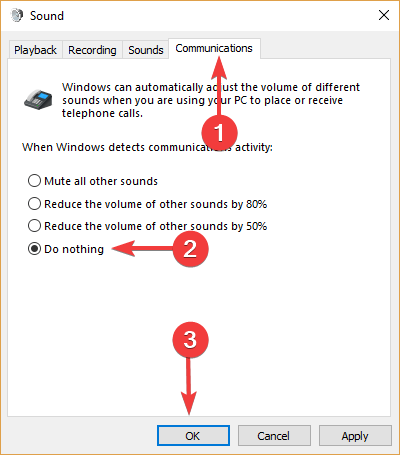
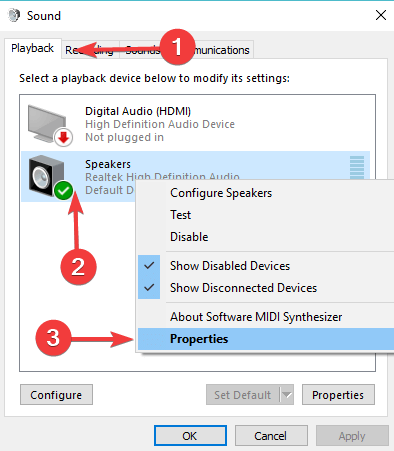
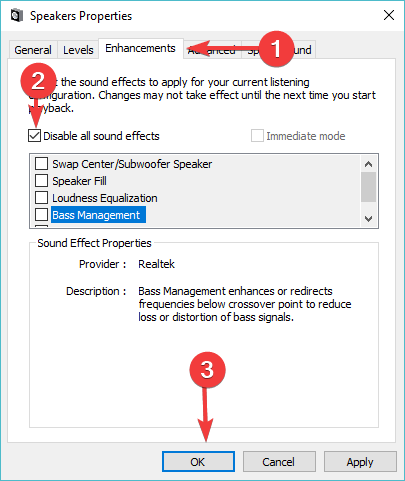
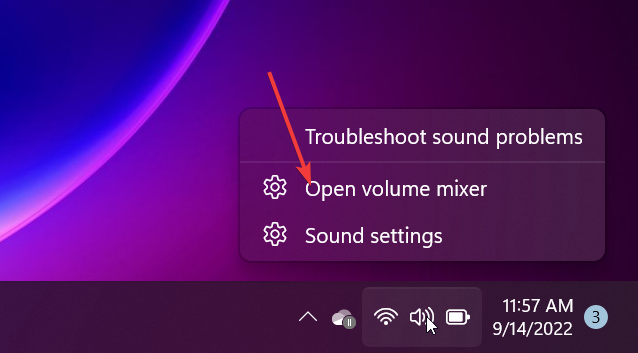
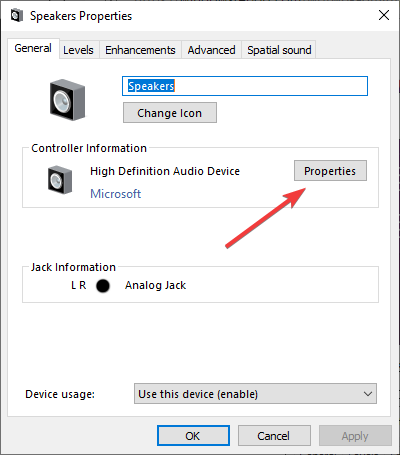
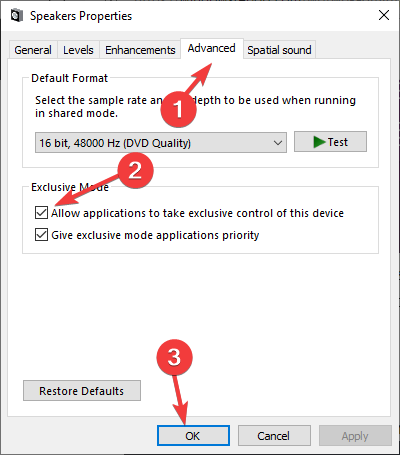
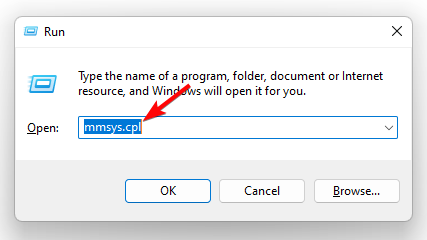
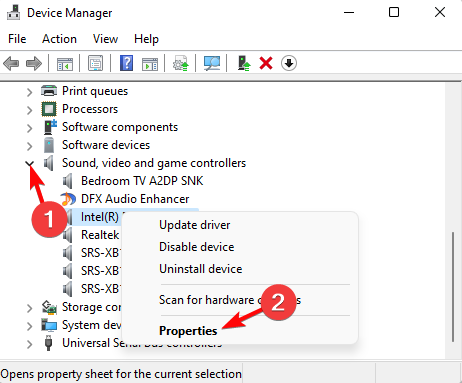
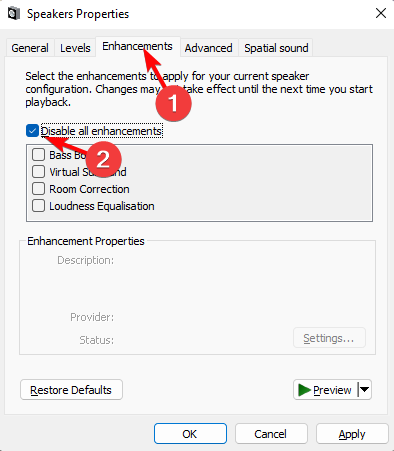
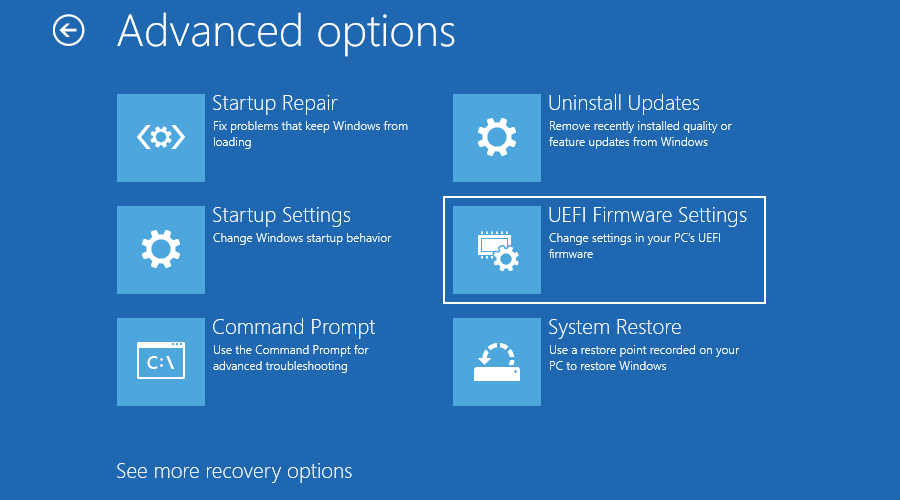
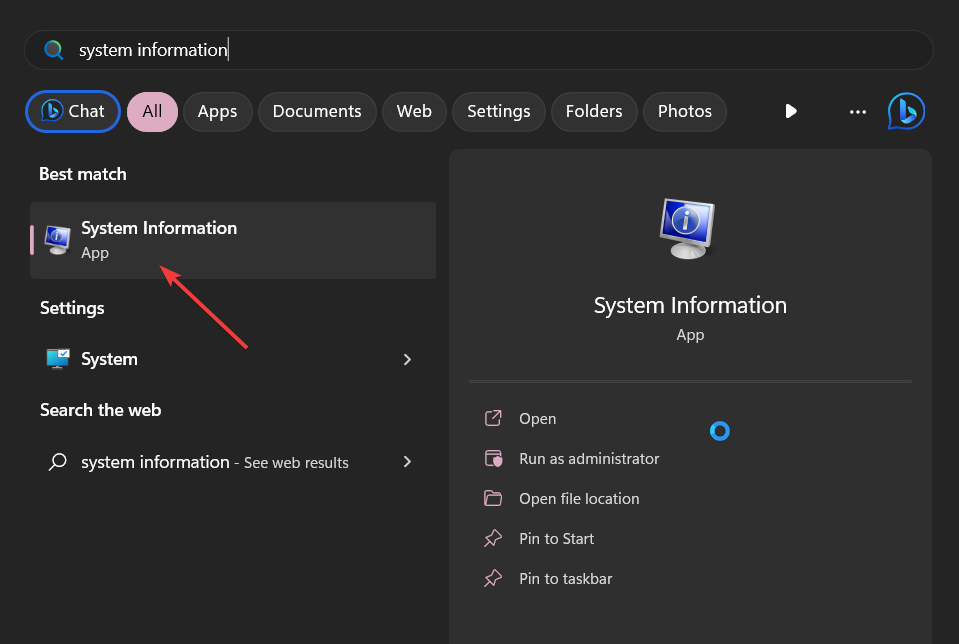
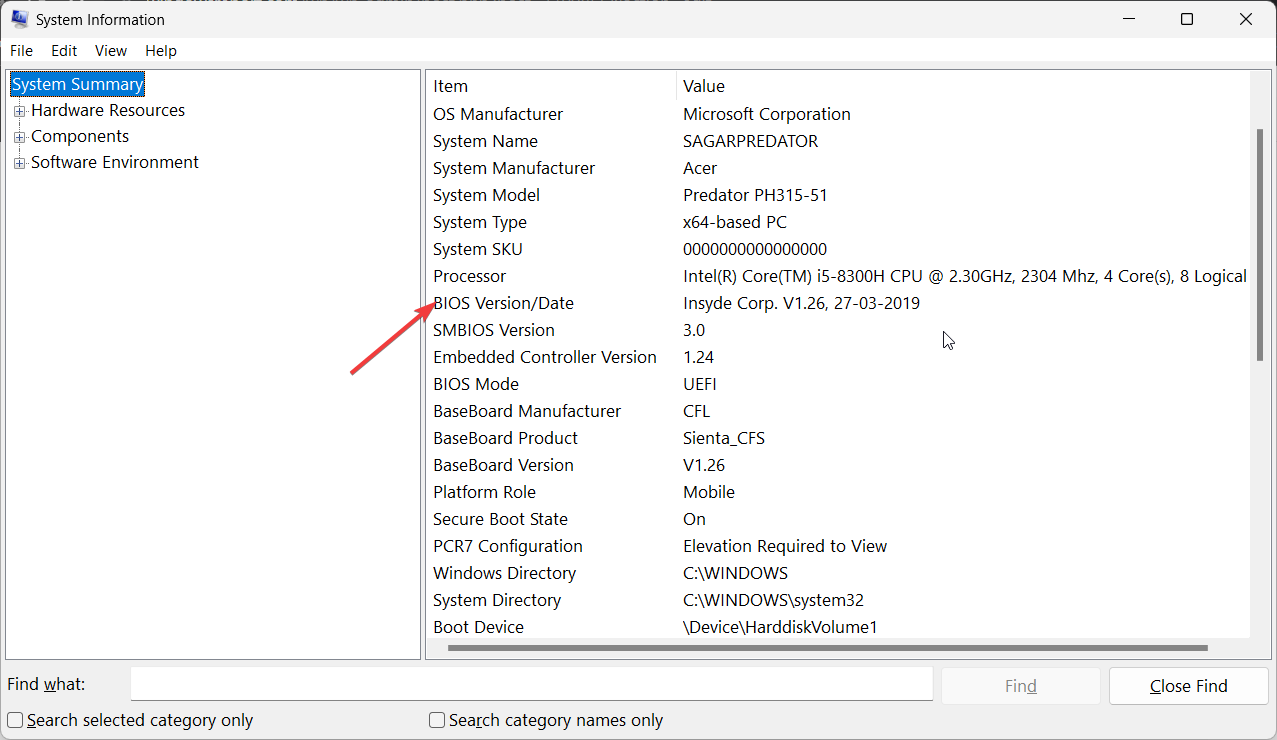
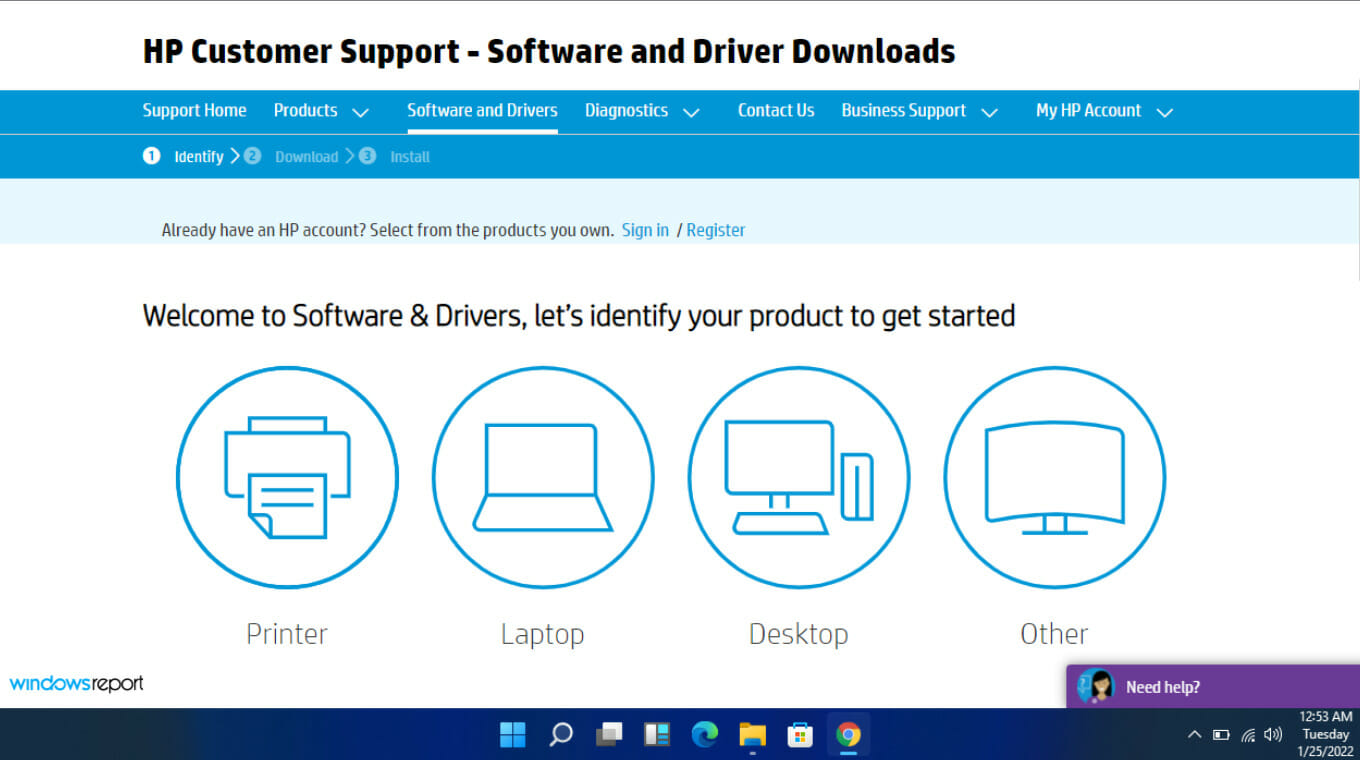
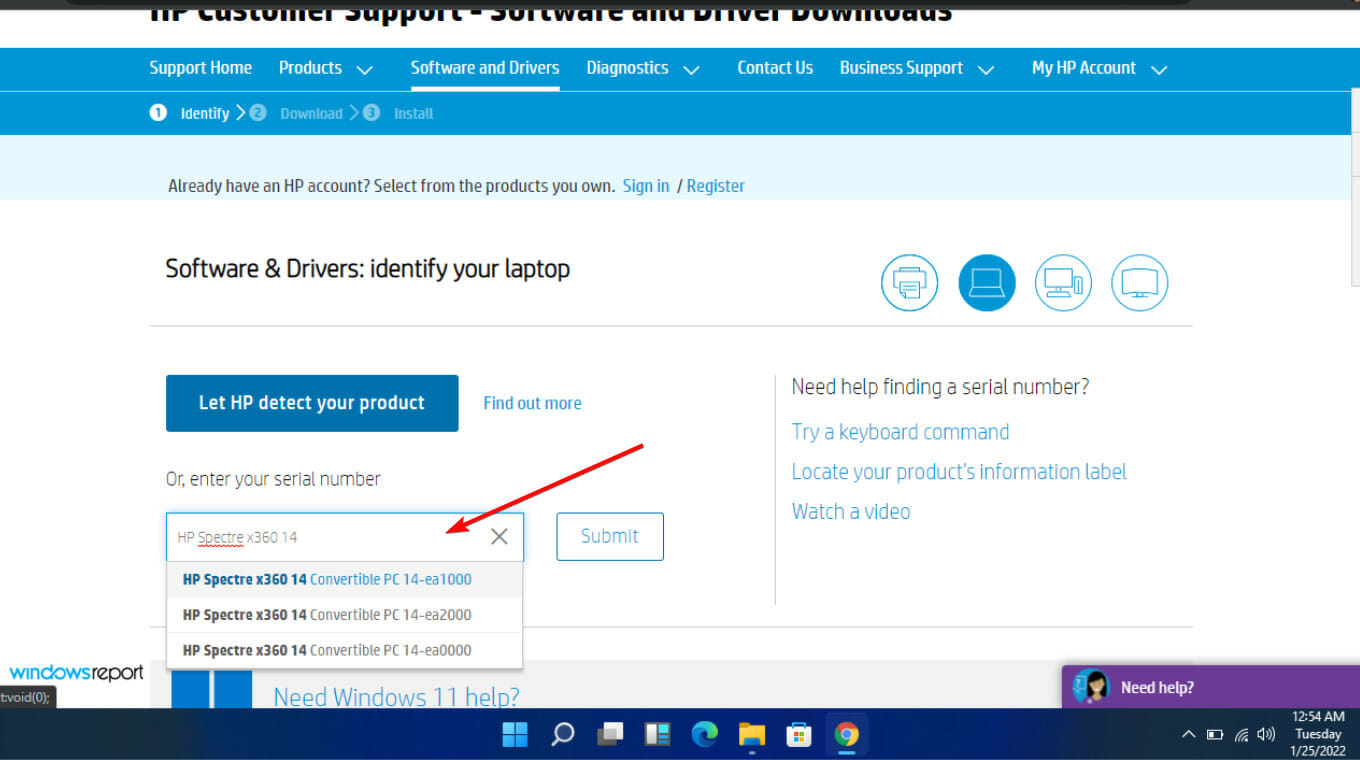
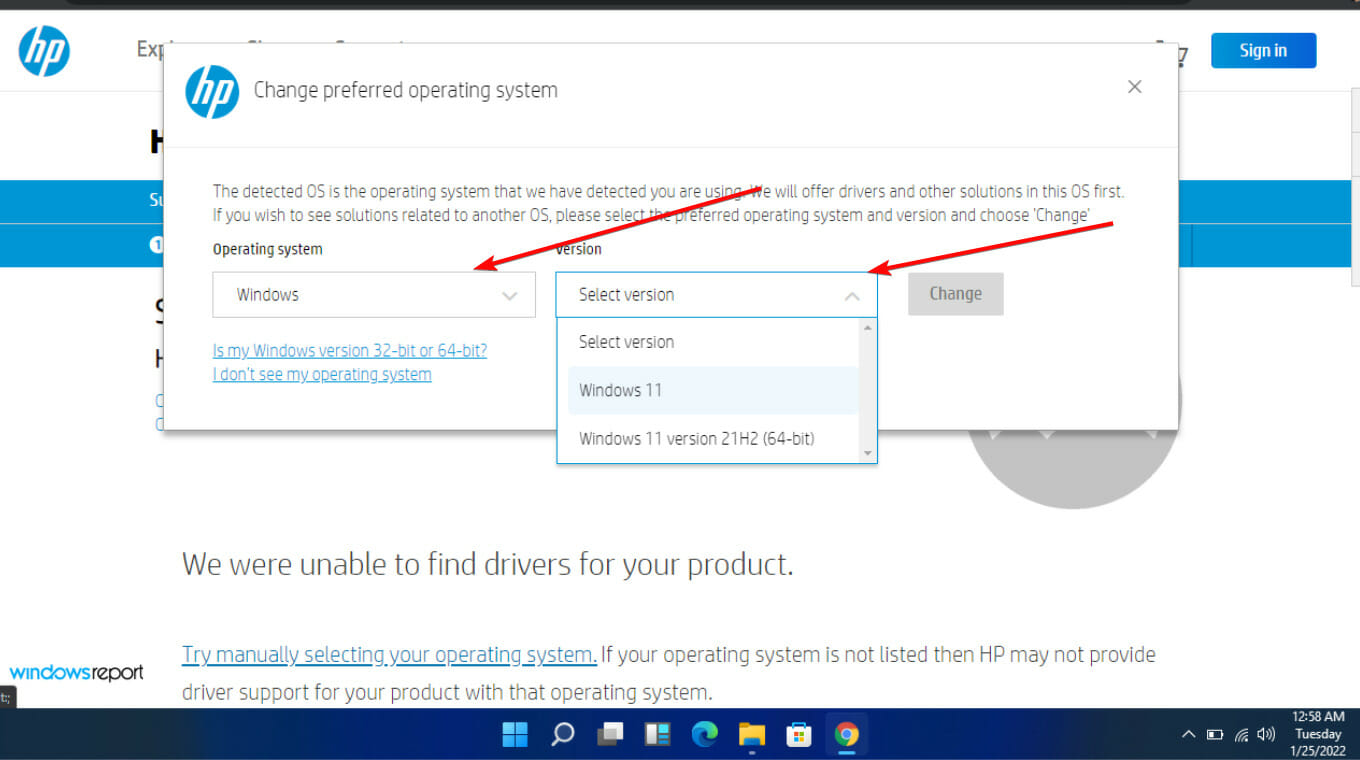
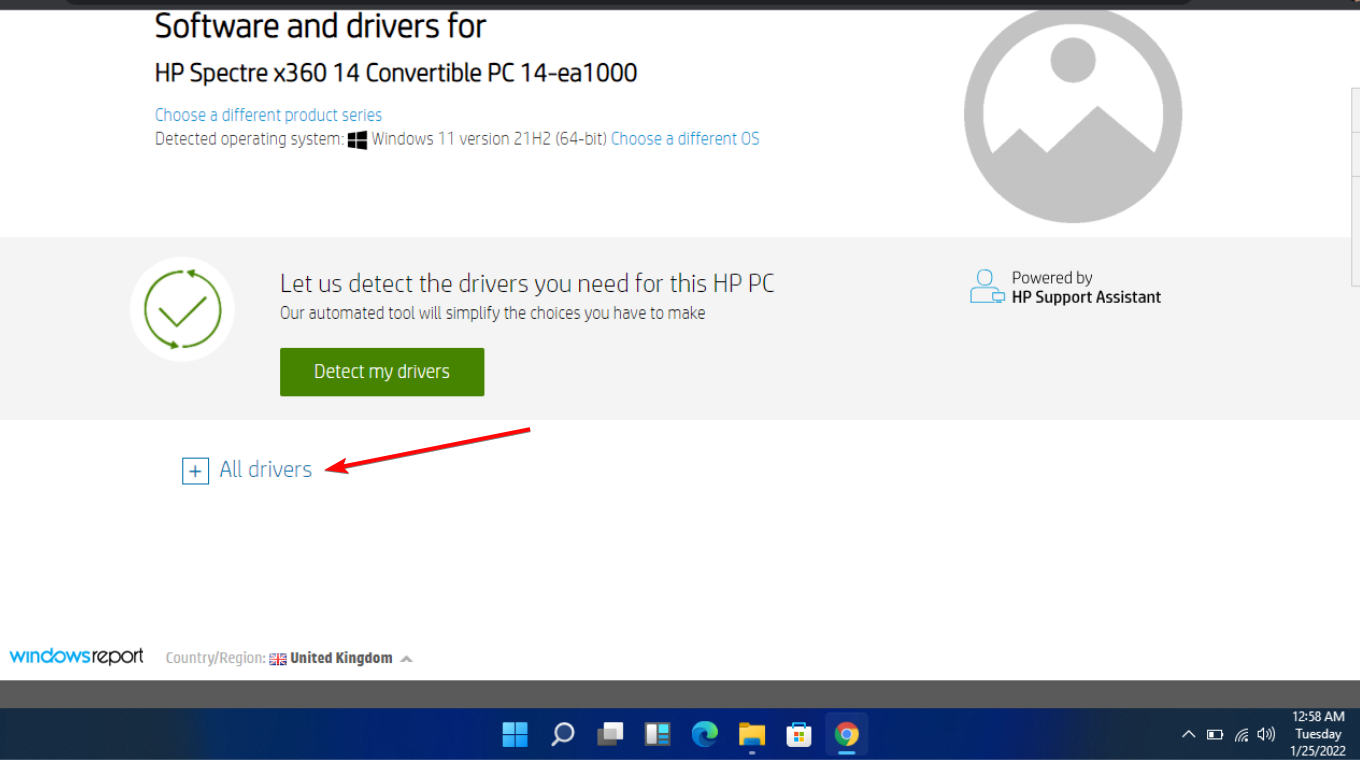
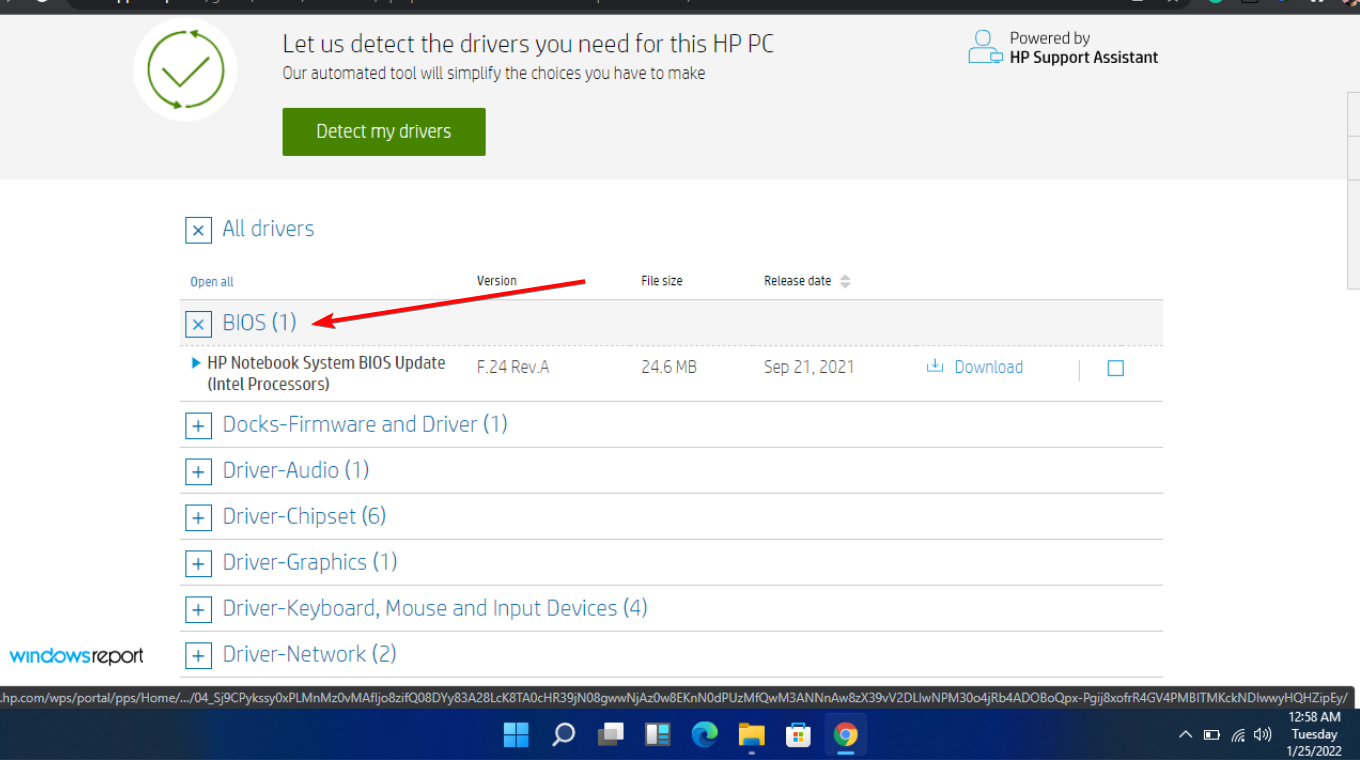
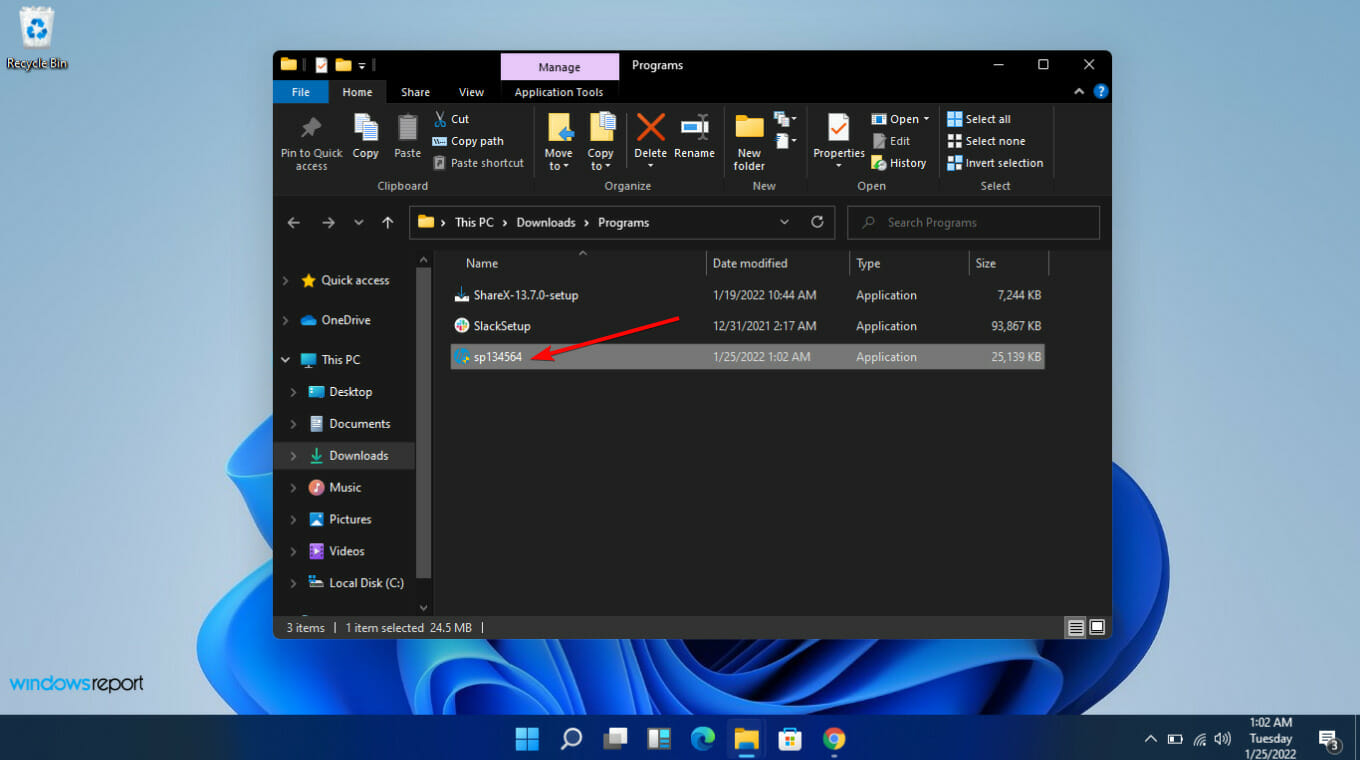

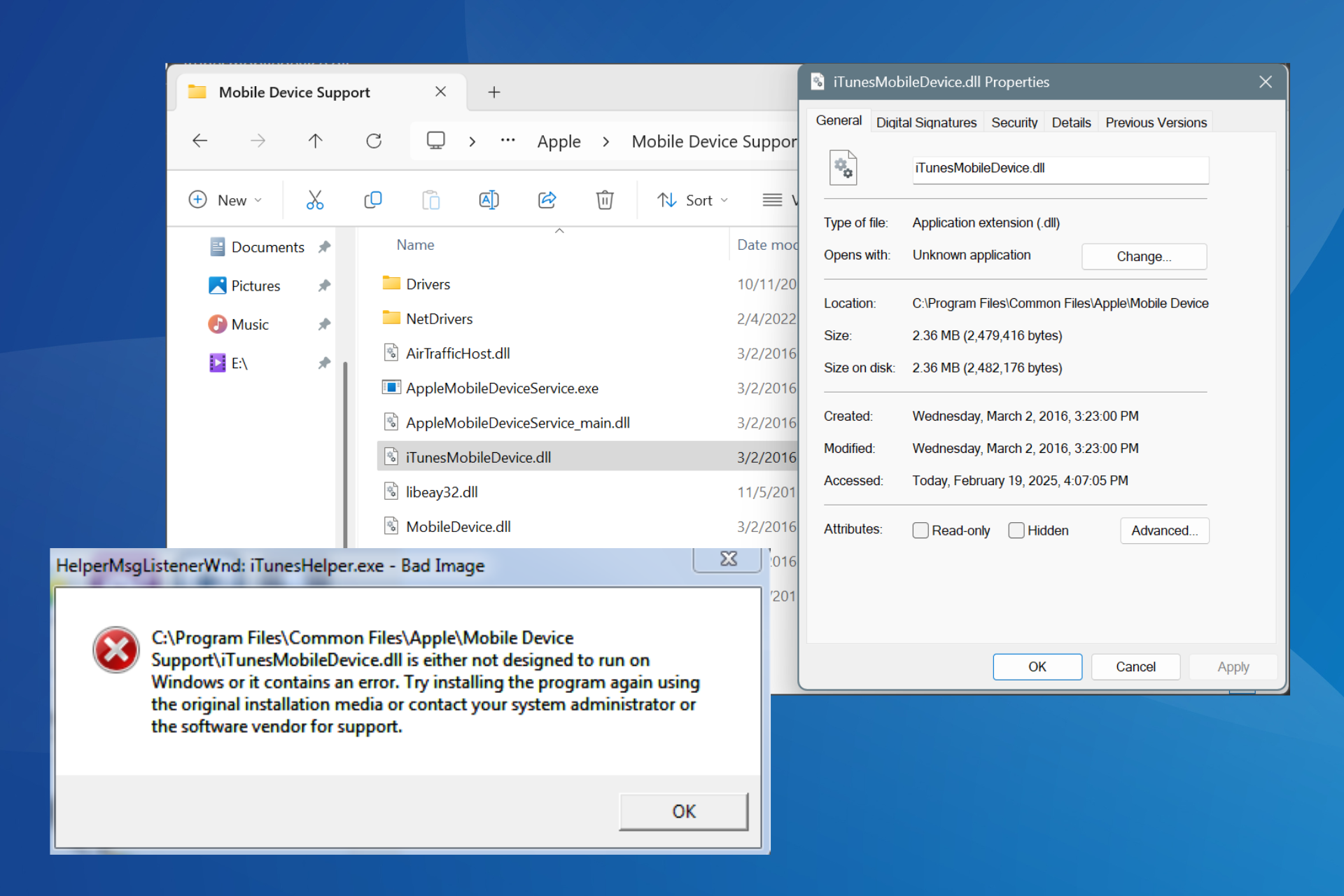
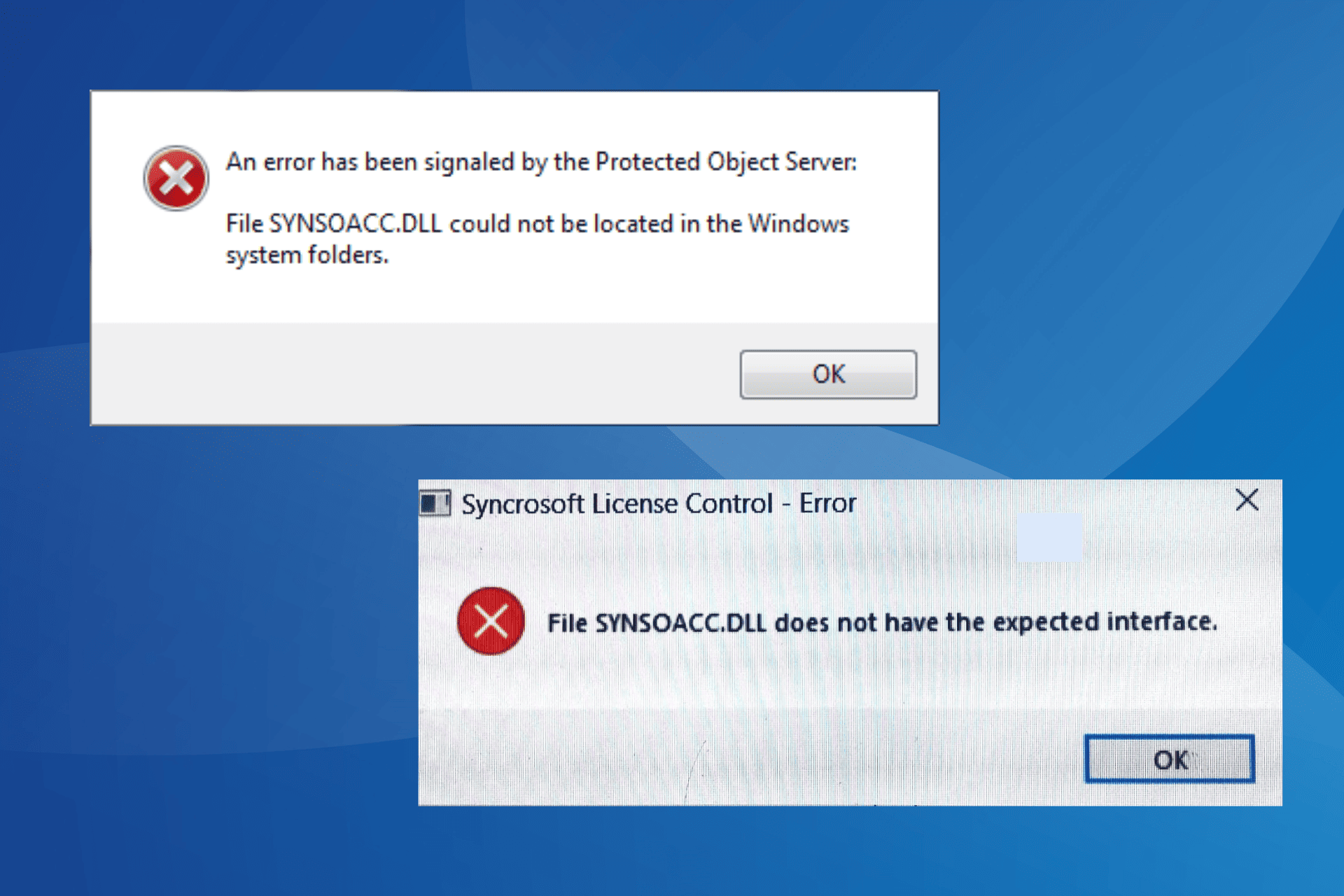

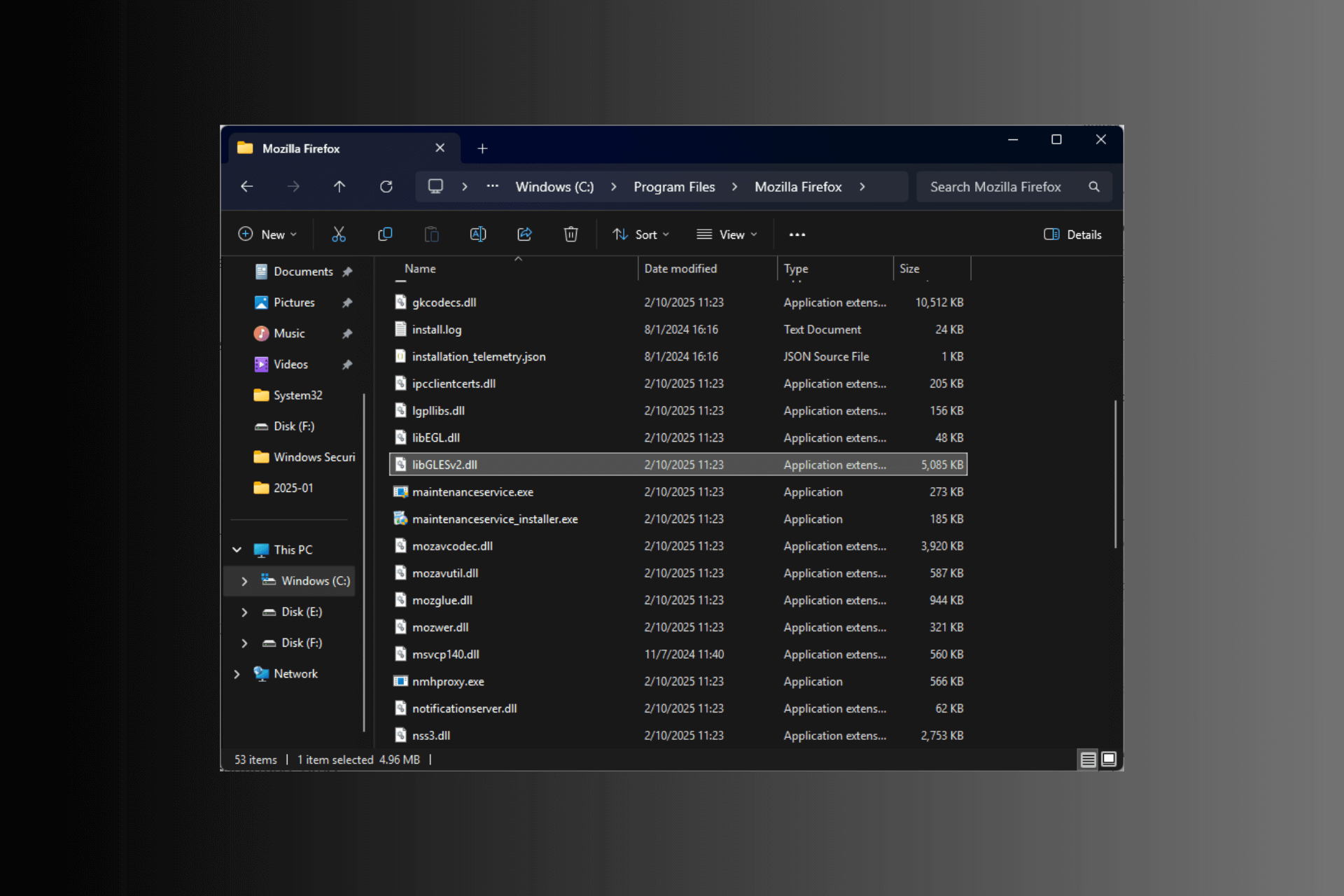
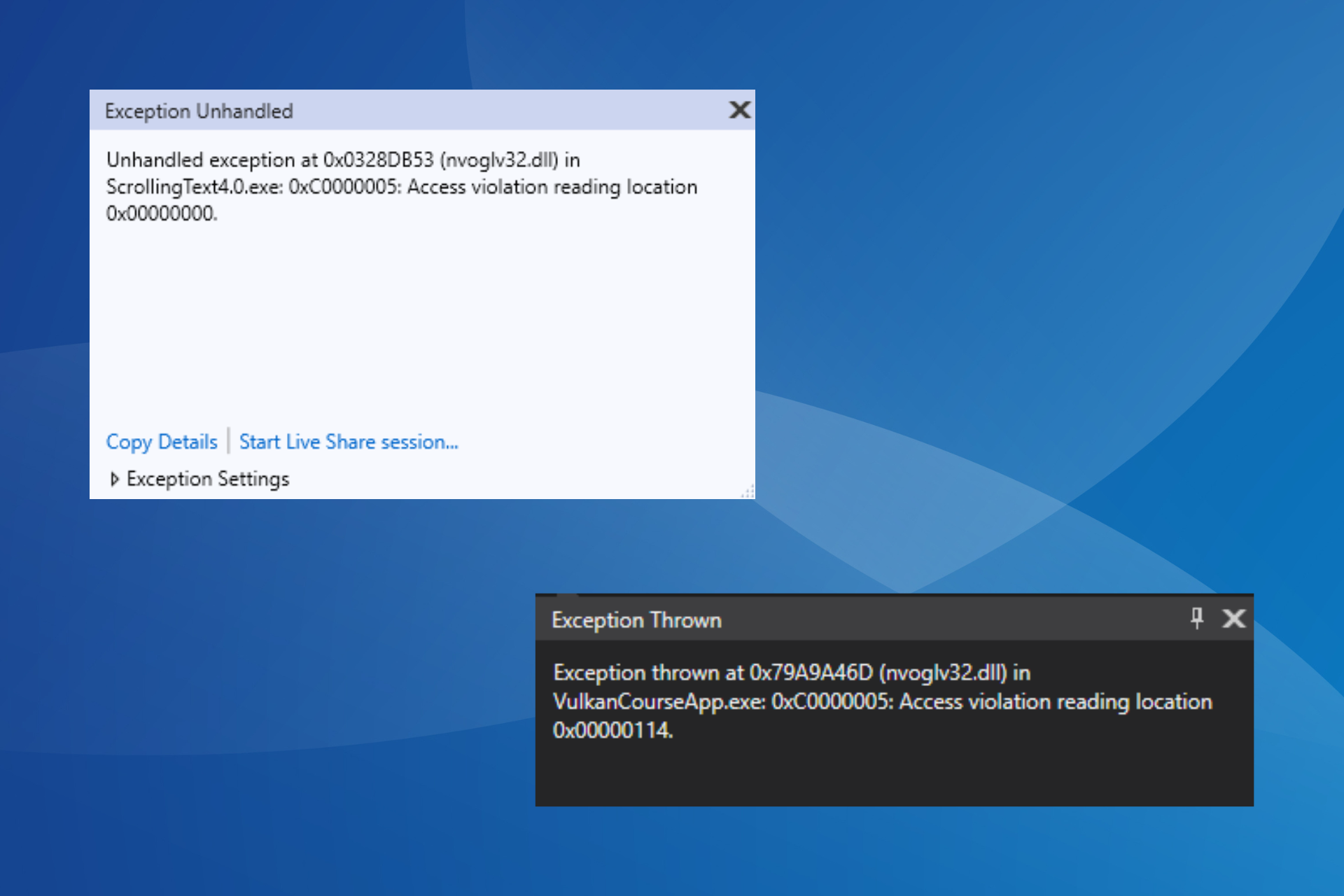
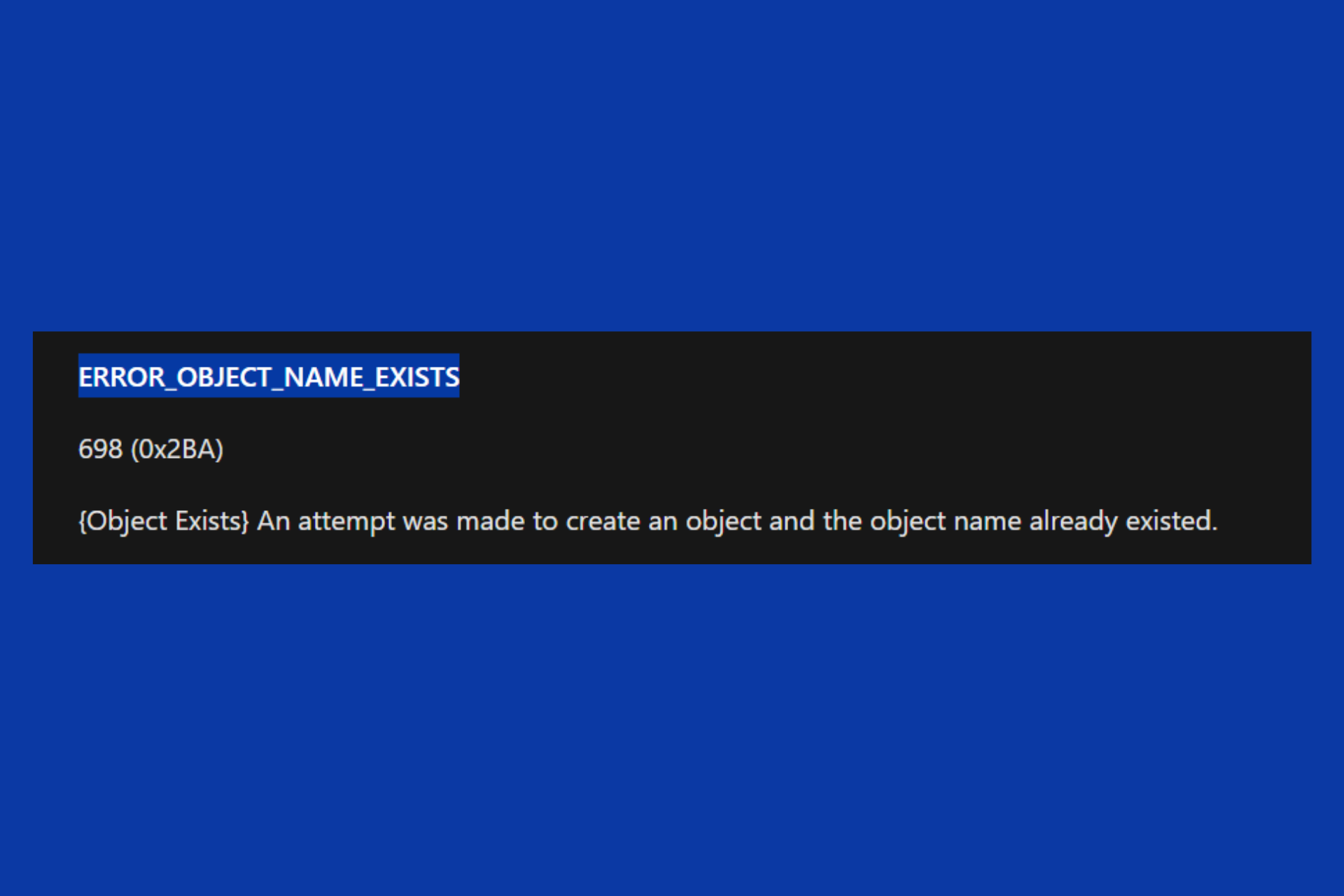
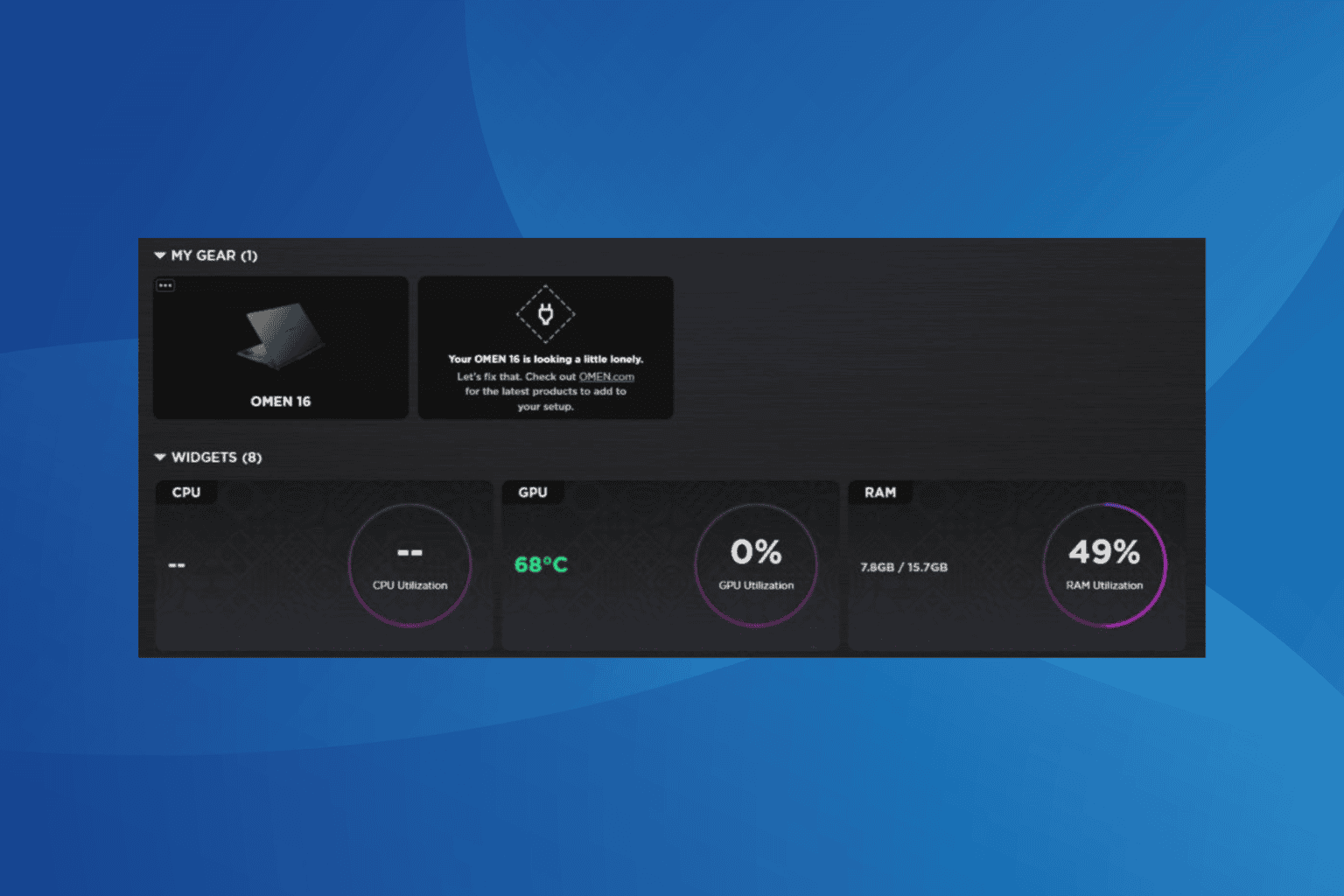

User forum
0 messages